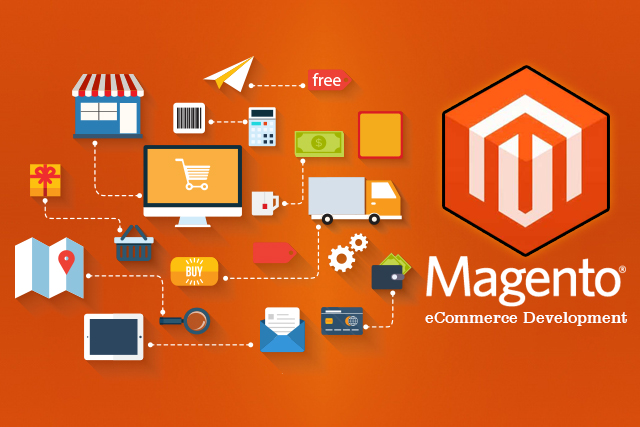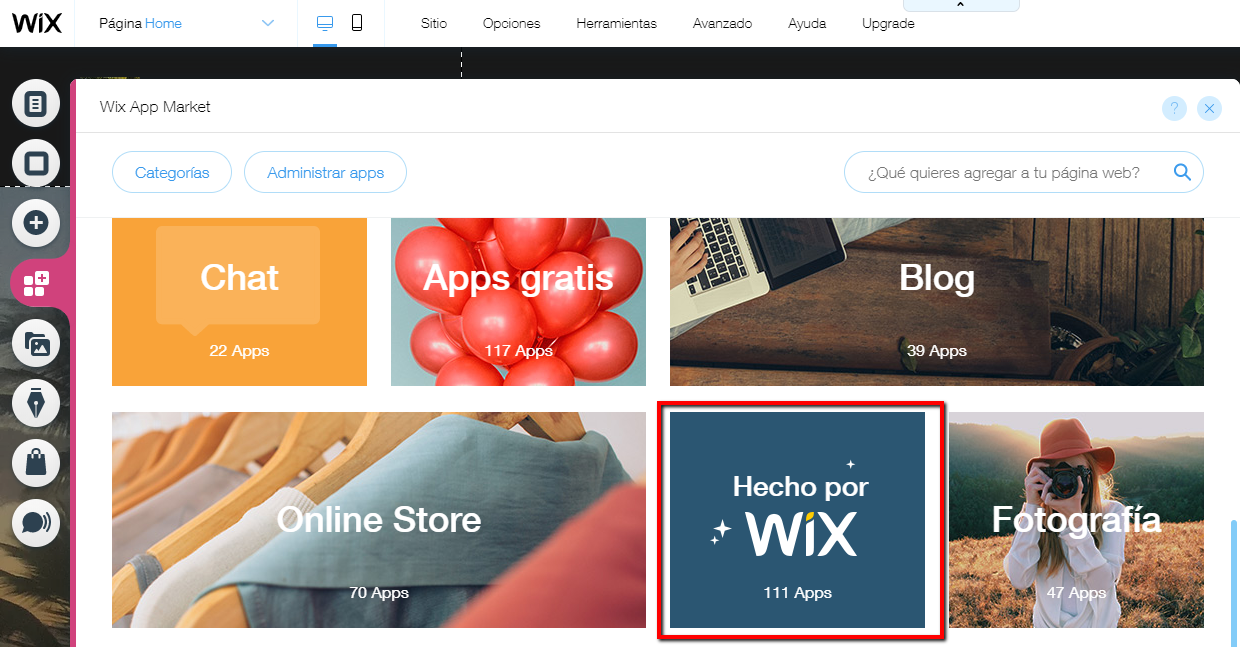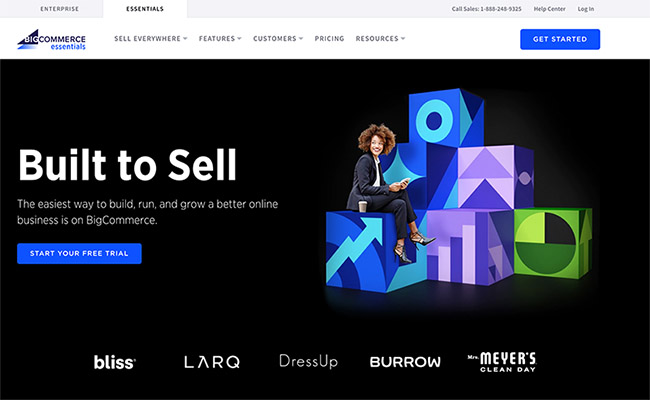
The pandemic completely accelerated the digital adoption of companies. Most realized that if they did not transform the nature of their business, they would continue to lose customers and opportunities to expand their business in a complex present due to the limitations that Covid-19 has generated on circulation and crowds on the street or in shops. For that reason, e-commerce has been a kind of "lifeline" for businesses.
By having e-commerce, a company of any industry or nature can easily market its products or services online, being able to reach a broader and more global audience. But of course, when we talk about electronic commerce it is not only about creating a web page and displaying the services without further ado, without any prior order or planning.
The first steps to create an e-commerce
Before creating e-commerce, several important aspects must be considered that will guarantee its effectiveness and success.
- Evaluate what the needs of your company are: identify what you want to sell and how you want to market it, how many sections do you need in your e-commerce, what forms of payment are you going to accept.
- Structure: a good technological partner will listen to these needs and will support you by presenting a structure and data architecture appropriate to the landscape of your company.
- Budget: it is a key point since it depends on what you are going to include in your e-commerce development project.
- Platforms: if we talk about e-commerce, you also have to know that there are many platforms on which you can create and host your business's e-commerce site. There are different types, functionalities, prices, you just have to choose the one that best suits what you are looking for.
Most popular e-commerce platforms for their efficiency
It is important that an e-commerce platform is not only the most modern or has the best functionalities. It is essential that it be an integrated ecosystem with multiple tools that allow you to make e-commerce your own, giving you control of every aspect of the business and the possibility of scaling the platform as the company grows.
Shopify
Undeniably, Shopify has become one of the most used e-commerce platforms in the world, due to its fast loading and ease of use. It makes things easier for users and administrators, allowing them to quickly learn to administer the website. It has an excellent performance, multiple integrations and a variety of designs and themes that can be customized.

- It offers support by phone and mail in 19 languages in case of any inconvenience.
- Integrated sales channels include Facebook, Instagram, Google, Walmart Marketplace, eBay, and Amazon.
- It has a mobile platform that allows you to manage everything related to e-commerce.
“Shop Pay handles payment processing with low transaction fees, Shopify POS handles sales in person, and Shopify Fulfillment can help you get products into the hands of customers. It also offers unlimited bandwidth and online storage, so you don't need to pay more as you get more traffic and grow your business”, Shopify explains on its website.
Magento Commerce
It is the ideal platform when a business needs to fully customize its e-commerce. It is a powerful and flexible system that adapts to what you have for your e-commerce website. You have to bear in mind that, when choosing this platform, you must have a team of developers at your side to help you create what you need or have an experienced technology partner to support you in that process.

Large global brands such as Nike, Procter & Gamble and Cisco use Magento in their electronic stores, being robust, fast and very versatile websites. It also has strong SEO settings that allow it to rank high in search engines, making the website easier for users to find. As a sales channel, Amazon has integrated and integrations related to third-party points of sale can be made.
Wix
It is a good option to create a virtual store for your business and finally start to grow as you want. "It is a major force in the e-commerce space and offers incredible value to entrepreneurs and small businesses (...) it offers multichannel integration, abandoned cart recovery, drop shipping, among other features", the portal detailed about Wix.

There are many free themes that you can customize for your virtual business, as well as being very easy to use and configure. It also includes marketing automation. It offers companies technical support by phone every day, whatever the time. It has integrations with Facebook and Instagram, so purchases can be connected from those applications.
Users can customize e-commerce through drag-and-drop of components, being able to build their own website quickly and without complications.
BigCommerce
This company defines itself as one that offers e-commerce solutions “for a new era”: “Its robust product search engine makes it ideal for large retail brands. It is also a good option for people who want to start an e-commerce store or who have a physical store and want to expand their operations to include online orders ”, details the E-Commerce Ceo portal in this regard.

It is a flexible and scalable platform, which can grow as the company also grows. It stands out with its multichannel sales, its strong SEO performance and the excellent designs of the templates it offers.
Here we present a sample of the best e-commerce platforms that currently make life in the technology industry, each one with the ideal characteristics and qualities for any kind of business, be it a startup or a small company, even a medium or large . You just have to evaluate which one is the best for your context. If you need more information, contact us!
We recommend you on video

